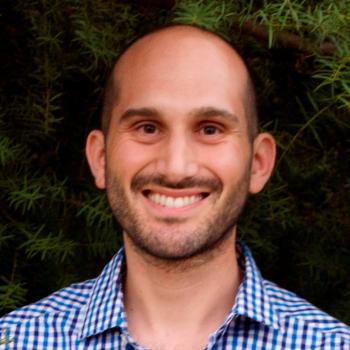Bio
Dr. Kratter is an adult psychiatrist and fellowship-trained neuropsychiatrist and Clinical Assistant Professor in the Department of Psychiatry & Behavioral Sciences at Stanford University School of Medicine. He is also director of Invasive Technologies in the Stanford Brain Stimulation Laboratory.
His clinical interests include the psychiatric and cognitive aspects of movement disorders like Parkinson's and Tourette's as well as depression, obsessive-compulsive disorder, and non-invasive and invasive neuromodulation for neuropsychiatric illness.
His research interests focus on assessing outcomes and understanding the mechanisms of both neuromodulatory and novel pharmacological treatments. This includes both clinical and more mechanistic studies, such as using techniques like repetitive transcranial magnetic stimulation (rTMS) and deep brain stimulation in combination with neuroimaging and electrophysiology. He has been a co-investigator for such studies focusing on obsessive-compulsive disorder, major depressive disorder, and suicidal ideation, and traumatic brain injury.
His work has appeared in a number of scientific journals including Nature Medicine, American Journal of Psychiatry, Journal of Clinical Investigation, Translational Psychiatry, and Proceedings of the National Academy of Science. He also co-authored the chapter on major depression in the textbook Deep Brain Stimulation: Techniques and Practice.


